In Chicago, there was Frankie Knuckles. New York City had Larry Levan. And in Detroit, it was Ken Collier who helped shape the sound of the city, whose Club Heaven was a place for queer people -- largely queer people of color -- to come together during pivotal turning point in the evolution of house music and techno. Collier may not as well remembered as Levan and Knuckles because of his lack of production work, but his legacy lives on in the people who danced to his music, a testament to the ephemeral nature of nightlife.
Over conversations at Red Bull Radio's Exhibit 3000: Detroit House, which aimed to celebrate Detroit's rich musical history during the annual Movement Festival, OUT spoke with two other figures indelible to Detroit's music scene who were in their owns ways impacted by Collier: DJs Stacey Hotwaxx Hale and Carl Craig.
On Club Heaven.
Carl Craig: I knew Ken when Ken was playing at Heaven, after I put out my first couple of records. I used to work in a copy shop and I knew Ken because he used to come get copies all the time and Ken was always really quite jolly, special, never any airs that he was above anybody else. He was always a real cool guy, flamboyant in his way but just real cool. The gay scene in Detroit could be a very affected, cliquey kind of thing, and he never was cliquey. That was the cool thing about Heaven was that it was never a cliquey kind of thing. It was really raw, straight to the point kind of shit. The guy who used to manage Heaven used to come in too, and he [would say that] at Heaven, these are fucking men. You don't go in and try to act crazy because you'll get fucked up and that is Detroit. There was that respectability that had to go along with the music. I've seen people get fucked up at Heaven, it's rough shit. So Ken always kept that thing away from his persona. I was just listening to some of his mixes the other day and one in particular, he gets on the mic and he says, 'security to the dance floor, security to the dance floor' and it was like yes, I remember those days at Heaven. There was this dark side [and] his music was important to that dark side that was happening at Heaven. Heaven was just not heaven at all.
On what it was like to hear Collier spin.
Hale: It was just amazing. You know, his energy was infectious. He kept it going just nonstop. There's some footage out there on YouTube where you can see the girls and guys dancing so hard. We'd rush ourselves up to Heaven and it was one big room and it had four or five small rooms alongside. We'd go in there to catch our breath, to sit and wait, then we'd go out to hit the dance floor. It was actually a replica of the Paradise Garage [but] wasn't as large as the Paradise Garage, but the impact was the same.
On Collier's legacy.
Hale: He spawned a movement in Detroit by himself and I don't think he even knew it. If he lived long enough to know, I would like for a street to be named after him like they've done with Larry Levan in New York [and] Frankie Knuckles in Chicago, and so the only reason it hasn't happened is he didn't have enough production or music out there, but his dynamics and his movement and what he's done for the city or for DJs where he's spawned more than one generation. He's still being spawned through me, through Derrick May, Jenny LaFemme.
Craig: Shit, I wish it was more of those mix tapes. I really wish it was. The people that are carrying his legacy are the ones that are probably gonna be dying off the quickest because of age, because of whatever. Those people in his age group are dying off, they're forgetting, so his legacy is whatever we can get on Soundcloud. Ken's legacy is everything that happened on a dance floor at Heaven.
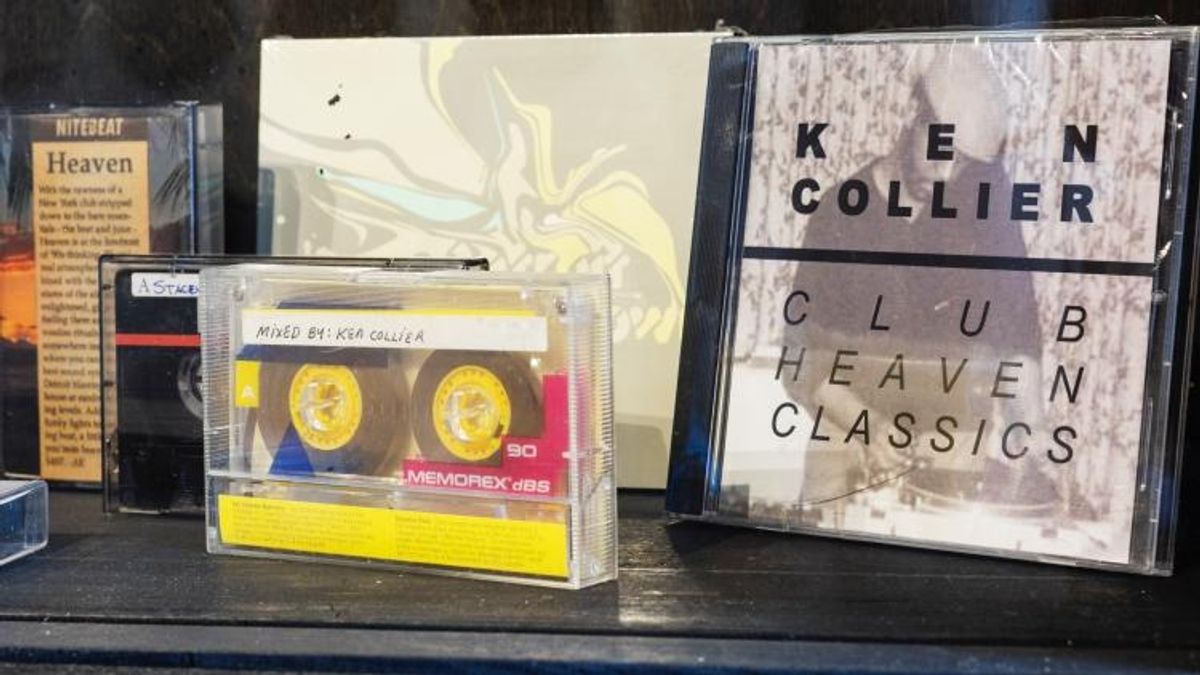

































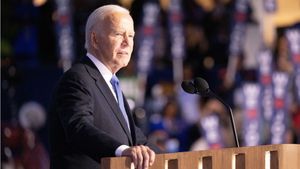






















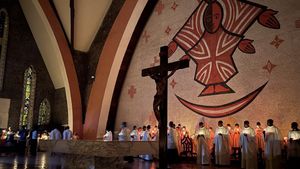














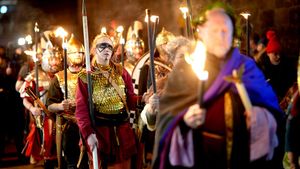
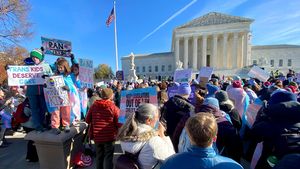







Sexy MAGA: Viral post saying Republicans 'have two daddies now' gets a rise from the right